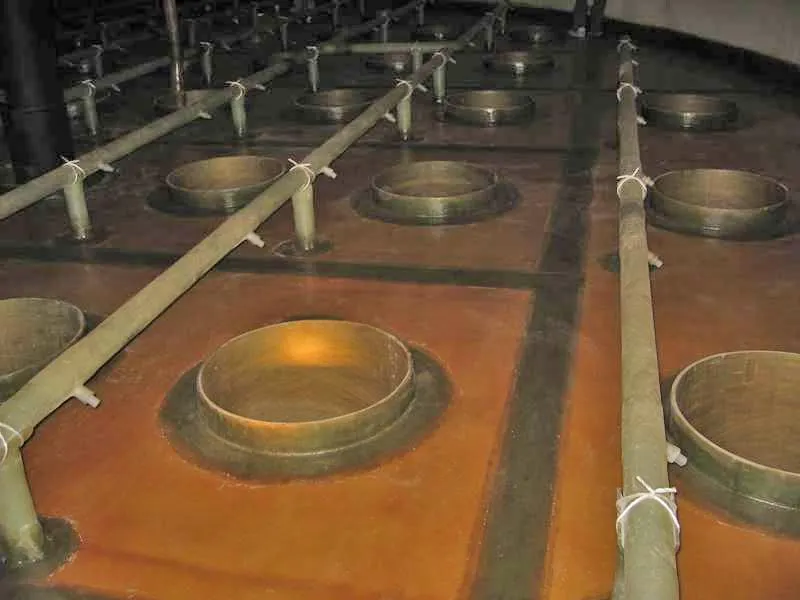
-
 Afrikaans
Afrikaans -
 Albanian
Albanian -
 Amharic
Amharic -
 Arabic
Arabic -
 Armenian
Armenian -
 Azerbaijani
Azerbaijani -
 Basque
Basque -
 Belarusian
Belarusian -
 Bengali
Bengali -
 Bosnian
Bosnian -
 Bulgarian
Bulgarian -
 Catalan
Catalan -
 Cebuano
Cebuano -
 China
China -
 China (Taiwan)
China (Taiwan) -
 Corsican
Corsican -
 Croatian
Croatian -
 Czech
Czech -
 Danish
Danish -
 Dutch
Dutch -
 English
English -
 Esperanto
Esperanto -
 Estonian
Estonian -
 Finnish
Finnish -
 French
French -
 Frisian
Frisian -
 Galician
Galician -
 Georgian
Georgian -
 German
German -
 Greek
Greek -
 Gujarati
Gujarati -
 Haitian Creole
Haitian Creole -
 hausa
hausa -
 hawaiian
hawaiian -
 Hebrew
Hebrew -
 Hindi
Hindi -
 Miao
Miao -
 Hungarian
Hungarian -
 Icelandic
Icelandic -
 igbo
igbo -
 Indonesian
Indonesian -
 irish
irish -
 Italian
Italian -
 Japanese
Japanese -
 Javanese
Javanese -
 Kannada
Kannada -
 kazakh
kazakh -
 Khmer
Khmer -
 Rwandese
Rwandese -
 Korean
Korean -
 Kurdish
Kurdish -
 Kyrgyz
Kyrgyz -
 Lao
Lao -
 Latin
Latin -
 Latvian
Latvian -
 Lithuanian
Lithuanian -
 Luxembourgish
Luxembourgish -
 Macedonian
Macedonian -
 Malgashi
Malgashi -
 Malay
Malay -
 Malayalam
Malayalam -
 Maltese
Maltese -
 Maori
Maori -
 Marathi
Marathi -
 Mongolian
Mongolian -
 Myanmar
Myanmar -
 Nepali
Nepali -
 Norwegian
Norwegian -
 Norwegian
Norwegian -
 Occitan
Occitan -
 Pashto
Pashto -
 Persian
Persian -
 Polish
Polish -
 Portuguese
Portuguese -
 Punjabi
Punjabi -
 Romanian
Romanian -
 Russian
Russian -
 Samoan
Samoan -
 Scottish Gaelic
Scottish Gaelic -
 Serbian
Serbian -
 Sesotho
Sesotho -
 Shona
Shona -
 Sindhi
Sindhi -
 Sinhala
Sinhala -
 Slovak
Slovak -
 Slovenian
Slovenian -
 Somali
Somali -
 Spanish
Spanish -
 Sundanese
Sundanese -
 Swahili
Swahili -
 Swedish
Swedish -
 Tagalog
Tagalog -
 Tajik
Tajik -
 Tamil
Tamil -
 Tatar
Tatar -
 Telugu
Telugu -
 Thai
Thai -
 Turkish
Turkish -
 Turkmen
Turkmen -
 Ukrainian
Ukrainian -
 Urdu
Urdu -
 Uighur
Uighur -
 Uzbek
Uzbek -
 Vietnamese
Vietnamese -
 Welsh
Welsh -
 Bantu
Bantu -
 Yiddish
Yiddish -
 Yoruba
Yoruba -
 Zulu
Zulu
'corrosion-resistant fiberglass for enduring durability.'
Corrosion-Resistant Fiberglass Ensuring Enduring Durability in Challenging Environments
In an era where material performance is critical, particularly in sectors such as construction, manufacturing, and marine applications, the need for durable, resistant materials has never been more apparent. One remarkable material that stands out in this regard is corrosion-resistant fiberglass. This advanced composite material not only offers exceptional durability but also presents significant advantages over traditional materials, making it an ideal choice for a variety of applications.
Introduction to Corrosion-Resistant Fiberglass
Fiberglass, or glass-reinforced plastic (GRP), is created by combining glass fibers with a polymer resin. This composite material is renowned for its strength-to-weight ratio, lightweight nature, and versatility. What sets corrosion-resistant fiberglass apart is its tailored formulation, specifically designed to withstand hostile environments, including exposure to chemicals, moisture, and extreme temperatures. These properties make it a preferred option in industries where resilience and longevity are paramount.
The Need for Corrosion Resistance
Corrosion is a natural process that deteriorates materials over time, primarily caused by environmental factors such as water, air, salt, and chemicals. In industries like oil and gas, water treatment, and marine operations, the stakes are incredibly high. Equipment and structures that succumb to corrosion can lead to catastrophic failures, safety hazards, and exorbitant maintenance costs. Therefore, the demand for corrosion-resistant materials serves as the foundation for innovative solutions that enhance longevity and reduce operational risks.
Advantages of Corrosion-Resistant Fiberglass
1. Longevity and Durability Corrosion-resistant fiberglass demonstrates remarkable resistance to degradation. Unlike metals that may corrode, fiberglass maintains its structural integrity even in harsh environments. This durability translates to a longer lifespan for products, reducing the need for frequent replacements and repairs.
2. Lightweight Nature The lightweight characteristic of fiberglass offers significant advantages in design and installation. Being easier to handle than traditional metals, fiberglass can lead to decreased shipping costs and simpler assembly processes, making it a practical choice for various applications.
'corrosion-resistant fiberglass for enduring durability.'

3. Chemical Resistance Corrosion-resistant fiberglass is specifically engineered to withstand harsh chemicals, including acids, alkalis, and solvents. This makes it an excellent material for chemical processing plants, where exposure to aggressive substances is common. By resisting chemical attack, fiberglass significantly reduces the risk of equipment failure, ensuring operational continuity.
4. Thermal Stability The inherent thermal stability of corrosion-resistant fiberglass means it can endure extreme temperature variations without compromising structural performance. This characteristic is particularly beneficial in applications that experience rapid temperature changes, such as in the oil and gas sector or during outdoor installations.
5. Cost-Effectiveness Although the initial investment for corrosion-resistant fiberglass may be higher than some traditional materials, the long-term savings are undeniable. Reduced maintenance, fewer replacements, and enhanced performance ultimately lead to a lower total cost of ownership, making it a smart financial choice for businesses.
6. Eco-Friendly Options Many manufacturers now produce fiberglass from recycled materials and promote sustainable practices in its production. This eco-friendly approach aligns with the increasing demand for sustainable business practices and reduces the environmental impact of production processes.
Applications of Corrosion-Resistant Fiberglass
The versatility of corrosion-resistant fiberglass has led to its adoption in numerous sectors. In construction, it is extensively used for roofing, cladding, and reinforcement applications. In the marine industry, vessels and components made from fiberglass are able to resist harsh marine environments, ensuring longevity and reducing maintenance costs. Additionally, the chemical processing industry relies on fiberglass for tanks, pipes, and vessels due to its excellent chemical resistance.
Conclusion
Corrosion-resistant fiberglass represents a significant advancement in material science, ensuring enduring durability in challenging environments. Its unique properties, including longevity, chemical resistance, lightweight nature, and thermal stability, make it an invaluable resource across various industries. As we continue to navigate the demands of modern applications, embracing innovative materials like corrosion-resistant fiberglass will pave the way for enhanced performance, sustainability, and cost-efficiency in our endeavors. The transition to corrosion-resistant solutions is not just a trend; it is a necessary evolution that promises to deliver lasting benefits for both industries and the environment alike.









